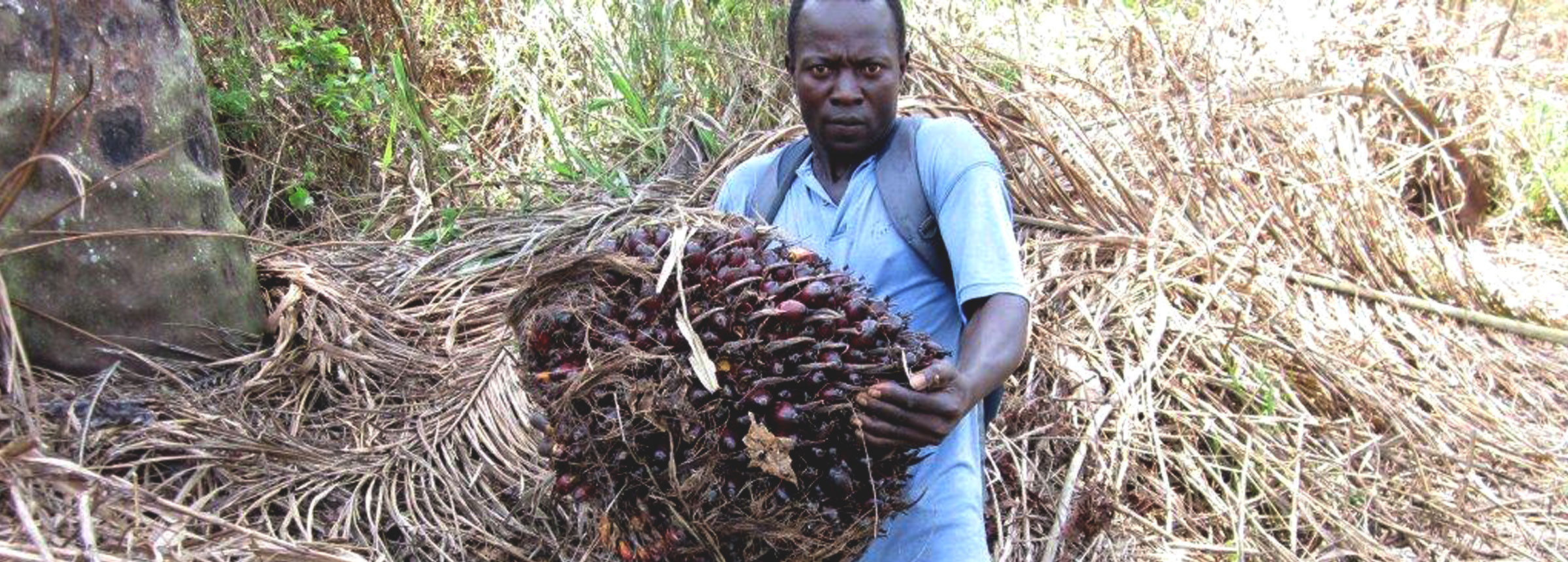Projects
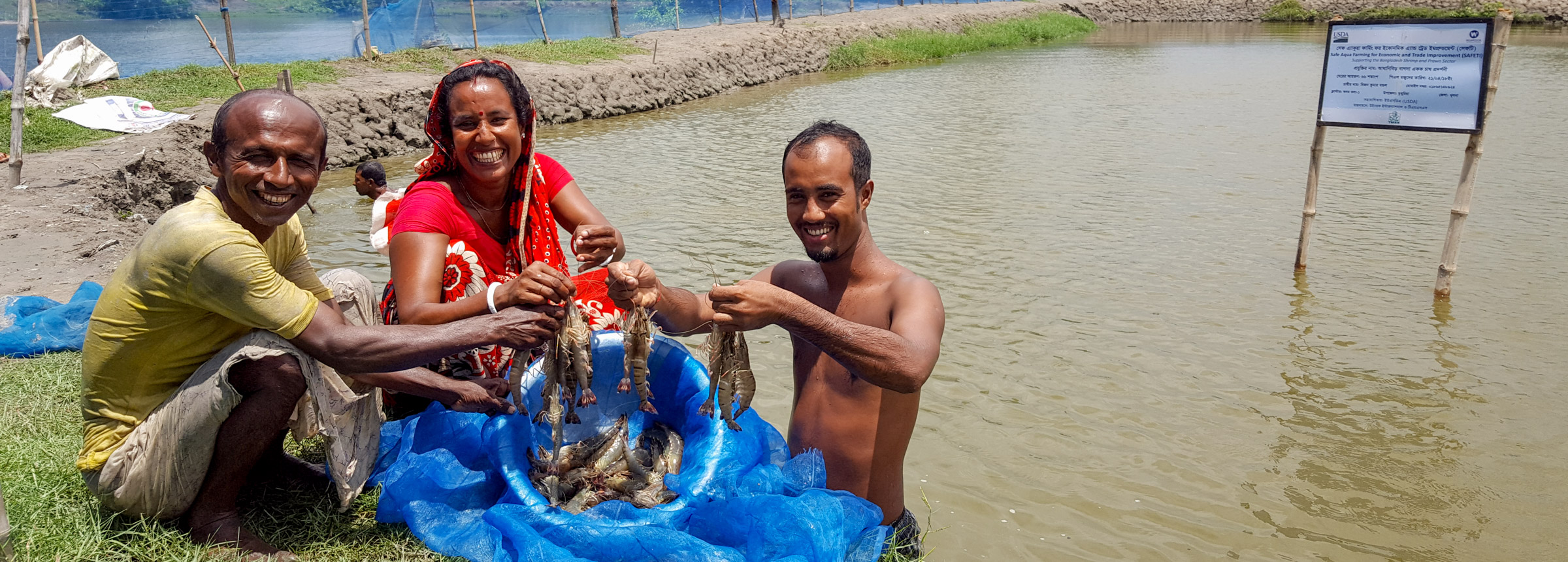
Safe Aqua Farming for Economic and Trade Improvement
Bangladesh’s aquaculture industry is growing, but its small-scale shrimp and prawn producers still need help. They lack the resources and the knowledge of international standards to run farms and hatcheries to their full potential. By providing farmers with technical training and access to financial services — and by building the capacity of the trade associations…
WASHplus: Healthy Homes and Communities
Improved cookstoves can reduce harmful indoor smoke and save time or money for families through fuel savings. But they are not readily adopted, often because the cookstoves available to families don’t fully meet their needs. To better understand and overcome this problem, the WASHplus project undertook consumer research studies in Bangladesh and Nepal that allowed families […]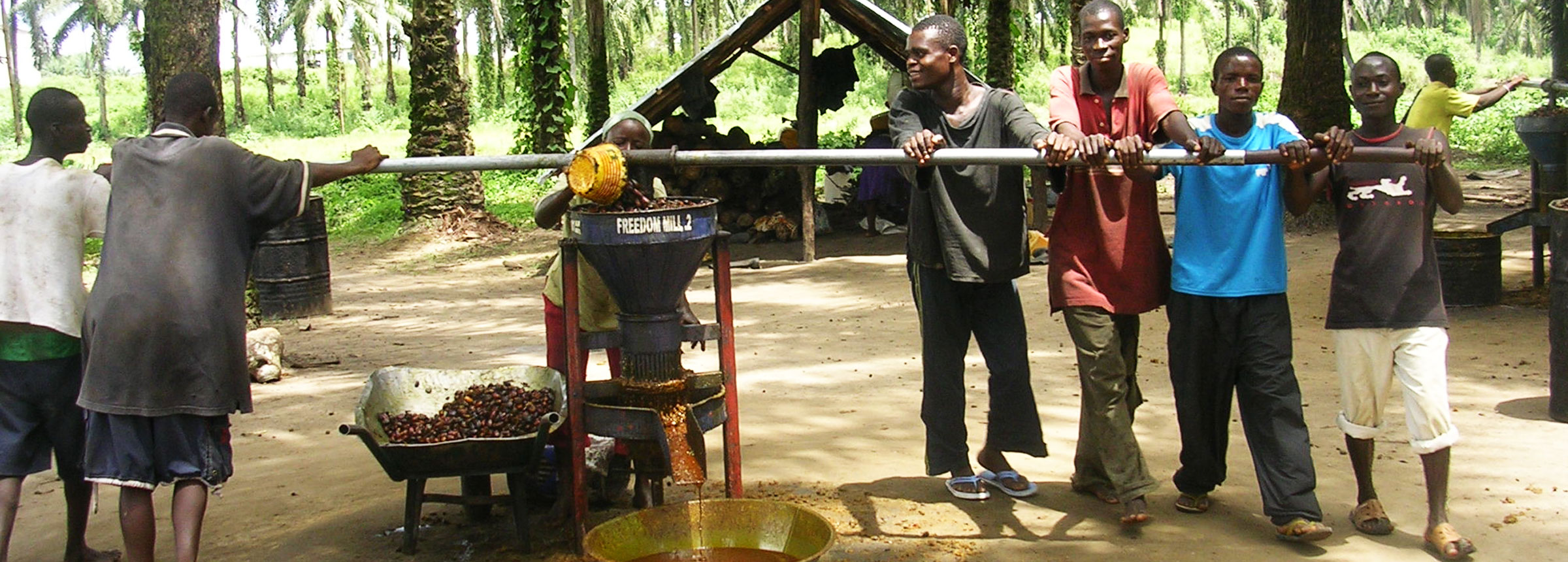
Liberia Food and Enterprise Development
Encouraging private enterprise in Liberia’s agriculture sector is critical if the country is to lower its high rates of unemployment and poverty. Progress will require extensive changes — everything from bolstering the country’s road infrastructure and weak institutions to promoting the importance of women and youth in agriculture. As a partner on this USAID-funded program, […]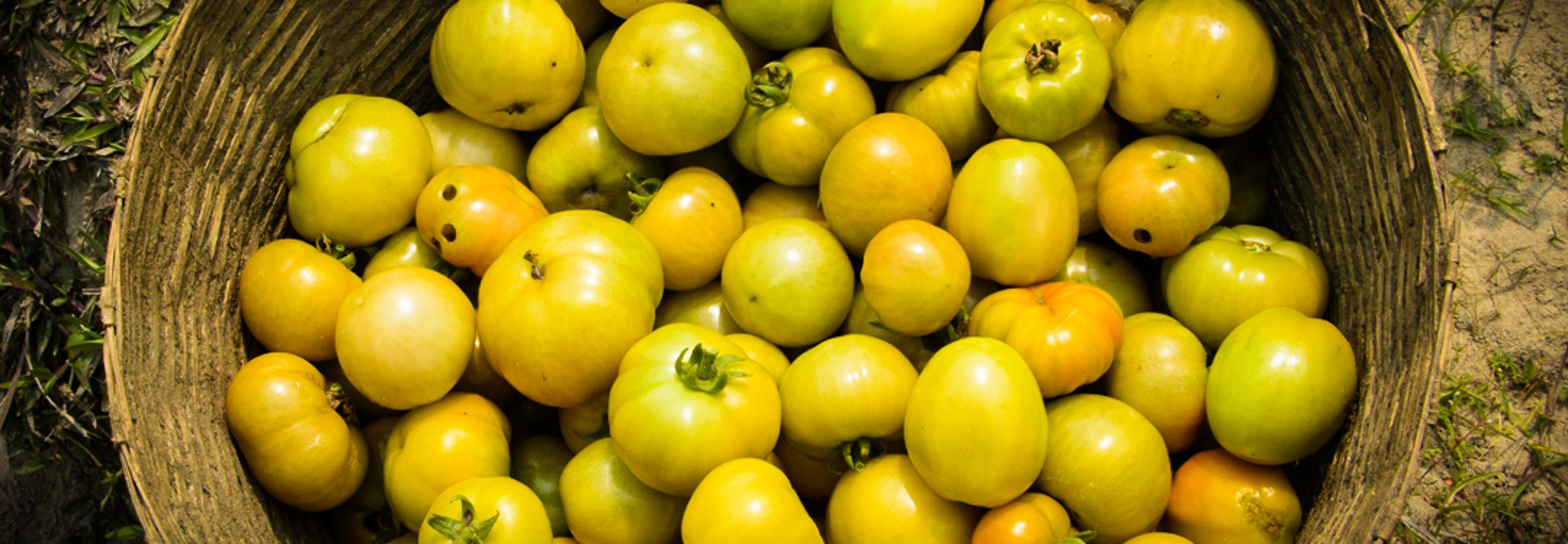
Cold Chain Bangladesh Alliance
Crops that spoil or arrive at market in a condition consumers reject are a missed opportunity for Bangladesh to reduce its food insecurity and increase the profits of its small farmers. To address that problem, the Cold Chain Bangladesh Alliance is helping small farmers produce high-value products local consumers want and to establish the cold…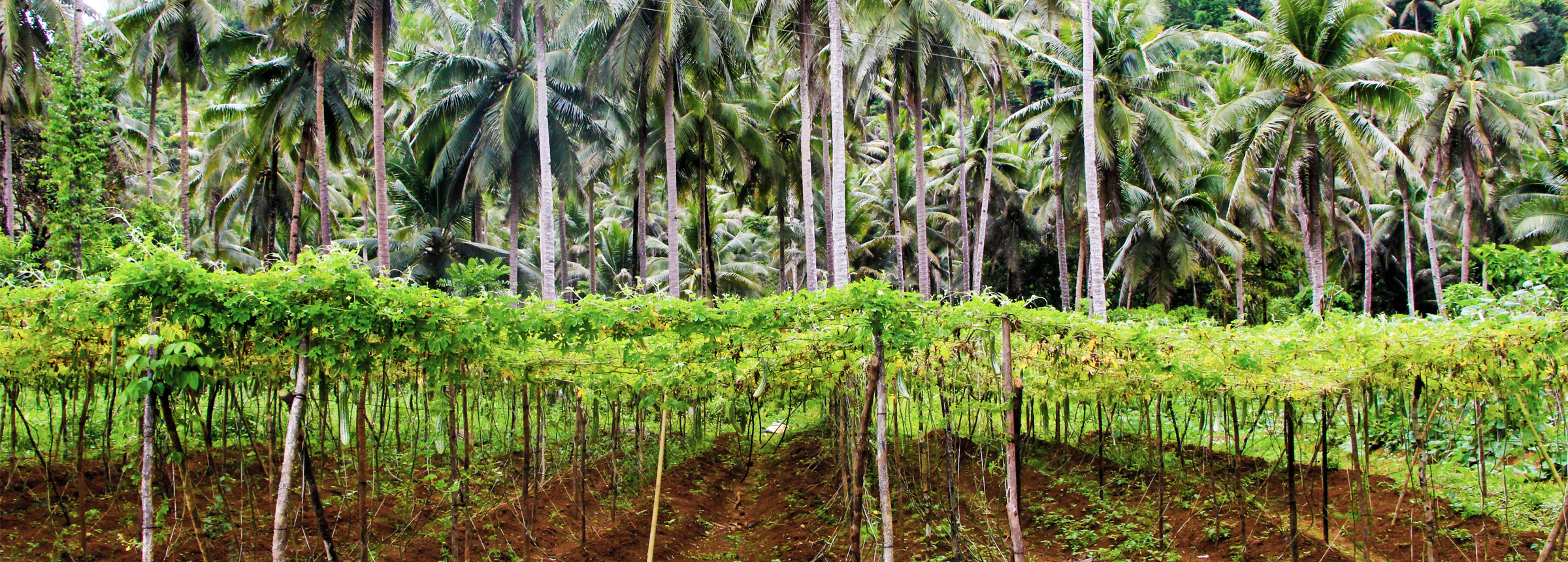
Philippines Cold Chain Project (PCCP)
Crops that spoil or arrive at market in a condition consumers reject are a missed opportunity for the Philippines to reduce its food insecurity and increase the profits of its small farmers. To address that problem, the Philippines Cold Chain Project works to help smallholder farmers and fishermen on the island of Mindanao to produce…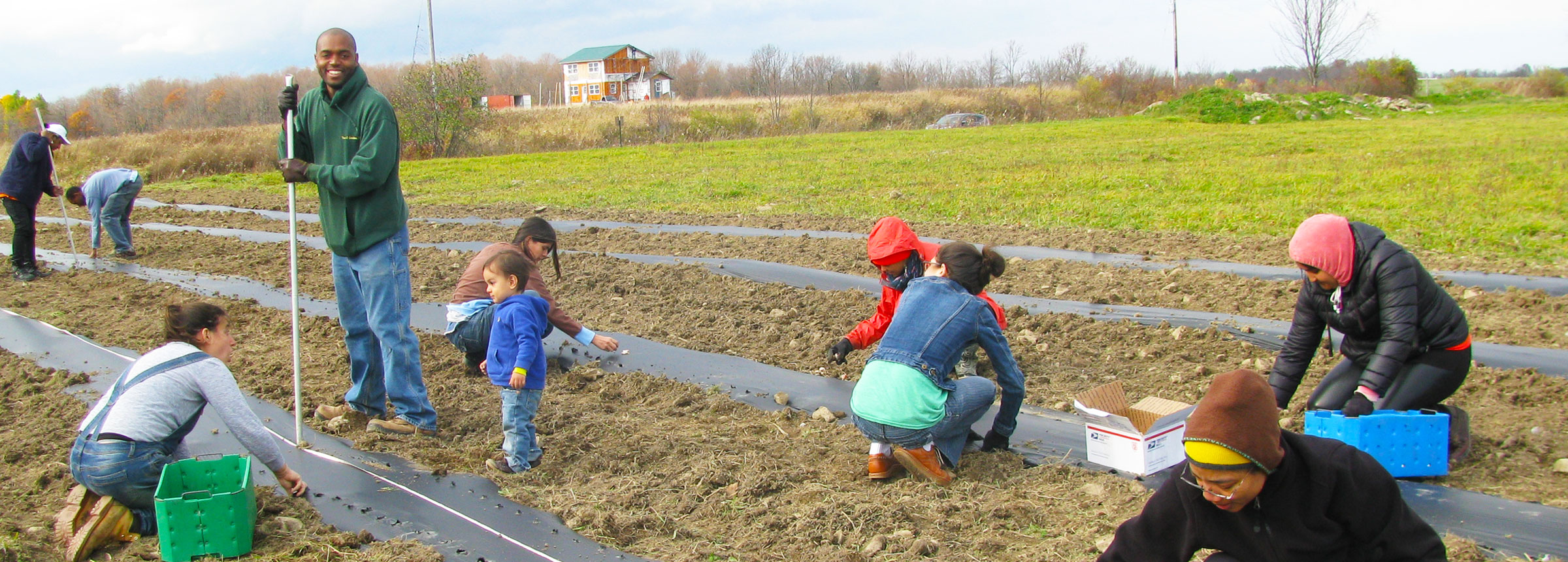
Strengthening Sustainable Farming and Local Food Systems
Consumer demand for sustainably grown local food is an unprecedented opportunity for family farmers. To take full advantage of the opportunity, small farmers are increasingly working with food hubs — enterprises that utilize cooperative aggregation, distribution and marketing strategies. The Wallace Center at Winrock International works to develop and strengthen food hubs that help small…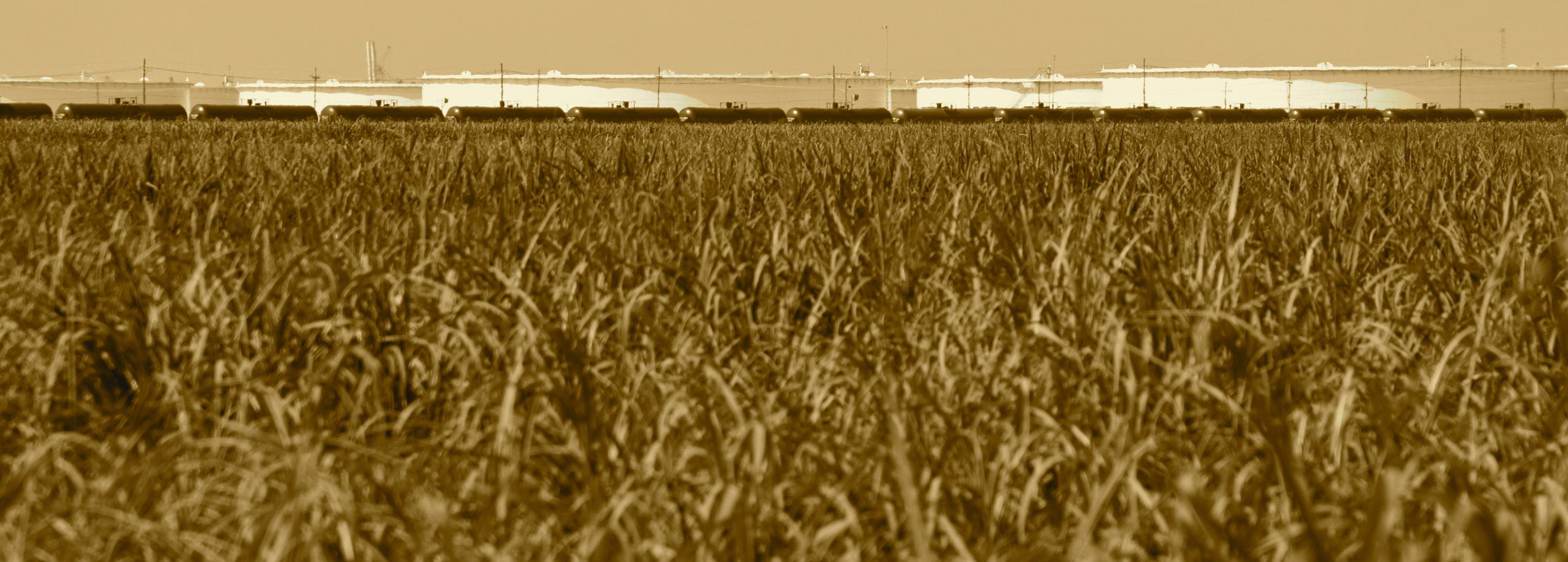
Capacity for Food Chains in Mississippi
The need for affordable and healthy food is especially acute in Mississippi, a state that routinely leads the nation in obesity and poverty rates. The Wallace Center at Winrock International collaborates with communities, farmers, wholesale distributors and others to build local food value chains that will make healthy and fresh food readily available in the…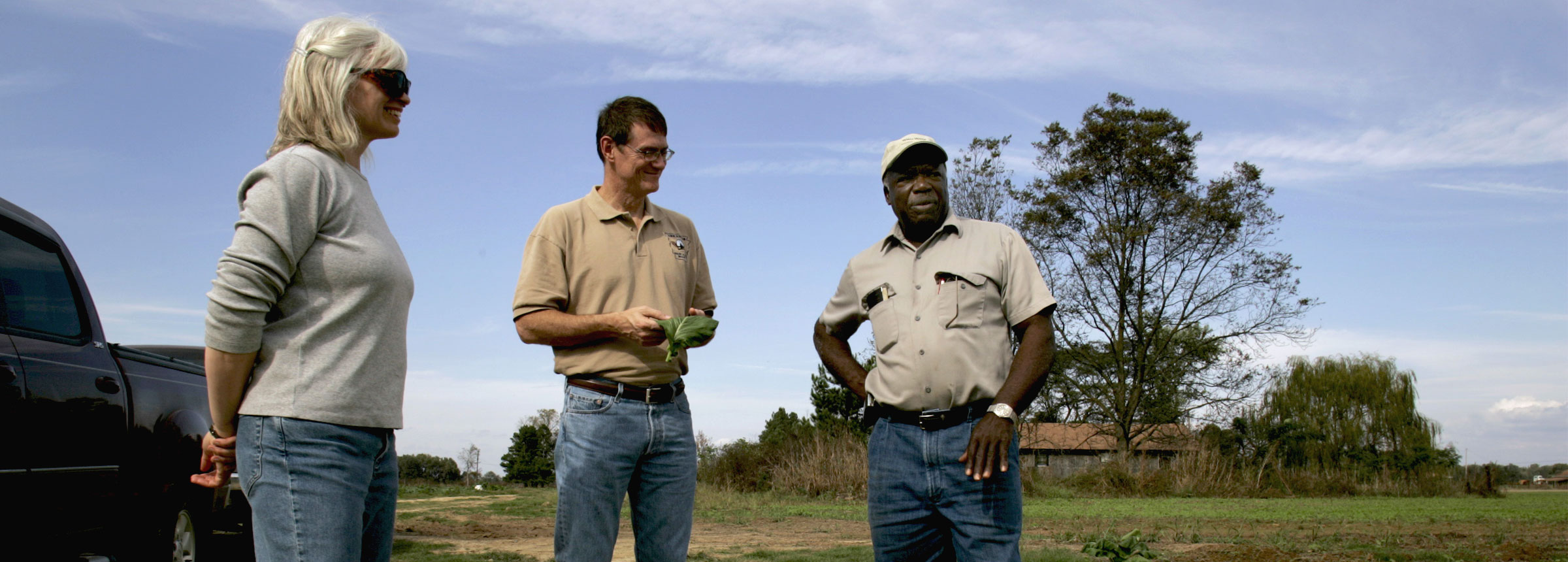
Farmers Market Promotion Program 2014
The availability of fresh and healthy local food often depends on the success of farmers markets. For markets to reach their potential individual vendors and market organizers need training and financial resources to boost sales and awareness. This program provides new and emerging farmers markets in Arkansas with instruction on topics ranging from fundraising to…
Enhancing Capacity to Reduce GHG Emissions from Peatlands and Palm Oil Production within a Jurisdictional Framework
The demand for palm oil has provided vital economic opportunities to many Indonesians. At the same time, the conversion of forests and drainage of peatland to create palm oil plantations is a leading source of Indonesia’s greenhouse gas emissions. Winrock has designed two scalable and replicable pilot projects that demonstrate the feasibility of improving the […]